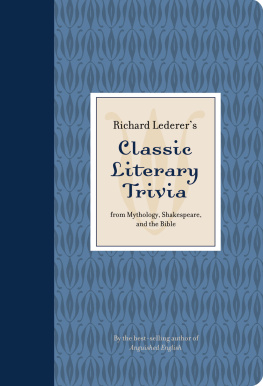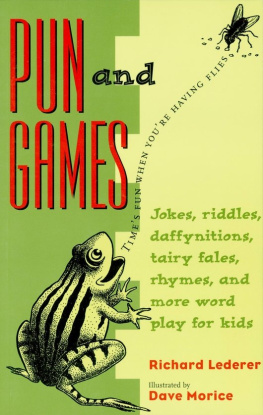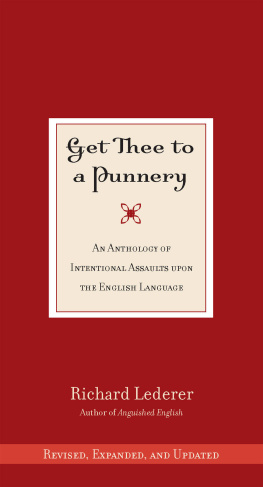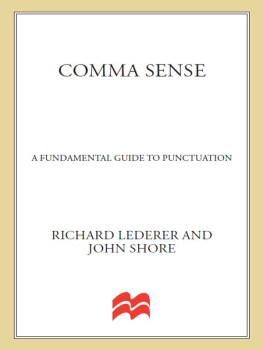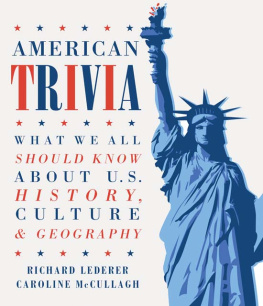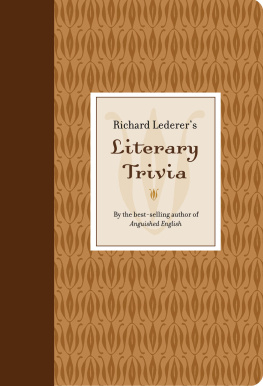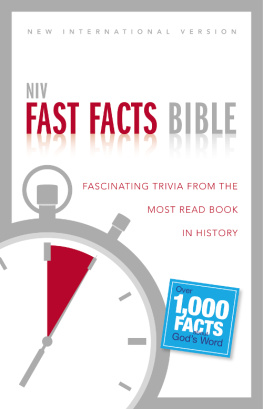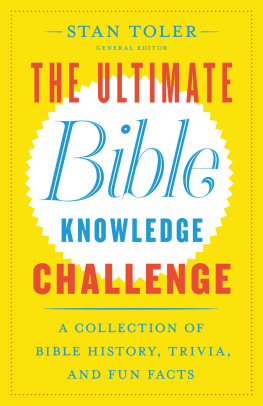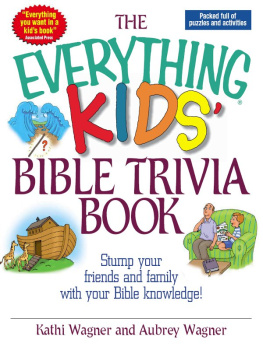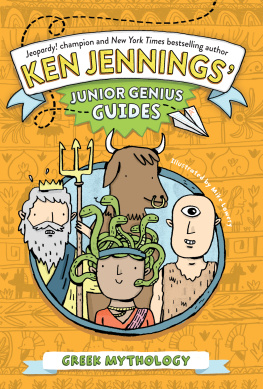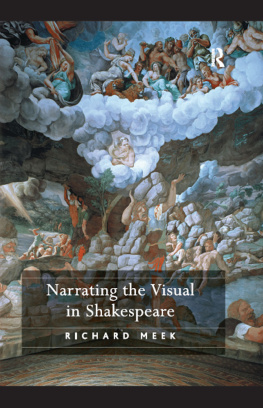Introduction
Not long ago, officials from Mainland China offered a pair of pandas to the people of Taiwan. The Taiwanese populace swooned over the gift, but the islands president, Chen Shui-bian, urged his government to say no, fearing that the cute bundles of fur would turn out to be Trojan pandas.
For years, a satirical virus warning has whizzed around the Internet:
Hey Hector,
This was forwarded to me by Cassandrait looks legit. Please distribute to Priam, Hecuba, and your 99 siblings.
Thanks, Laocon
Warning! Warning! Warning!
If you receive a gift in the shape of a large wooden horse, do not download it! It is extremely destructive and will overwrite your entire city!!!
The gift is disguised as a large wooden horse about two stories tall. It tends to show up outside the city gates and appears to be abandoned. Do not let it through the gates! It contains hardware that is incompatible with Trojan programming, including a crowd of heavily armed Greek warriors that will destroy your army, sack your town, and kill your women and children. If you have already received such a gift, do not open it! Take it back out of the city unopened and set fire to it by the beach.
Forward this message to everyone you know!
The fullest effect of President Shui-bians comment about Trojan pandas and the Internet virus joke is achieved only if the reader knows something about the decade-long Trojan War, chronicled in the Greek poet Homers epic, The Iliad.
Priam and Hecuba were king and queen of Troy and their son Hector its bravest defender. In an effort to win the war, the Greeks sent a huge wooden horse to the Trojans as an offering to Athena. Inside the horse were hiding a host of soldiers. The priest Laocon tried to warn the Trojans to beware of Greeks bearing gifts but was killed by two giant serpents. Later, the Greek soldiers emerged from the horse by night and overthrew Troy.
Allusions allow us to experience an idea on two levels at once by linking what we are reading or hearing with what we have read or heard in the past. Such references enhance the present through experiences that glow through time. Our lives are considerably enriched when we are able to identify such references because allusions play an important role in creating impressions and emotions.
The more you learn about the references and allusions that knit us together as a civilization, the more deeply you will liveand the more you will understand and laugh. Classic Literary Trivia will test your knowledge of our civilizations three richest and most luminous sources of allusionsthe Bible, Greek mythology, and the works of William Shakespeare.
The Roman poet Lucretius explained his method of teaching in his poem The Nature of Things. He said that he treated the passing along of academic subject matter in the same way that a physician, intending to administer medicine, might coat the rim of the cup with honey. Play is the honey of this book. As you have fun with games and quizzes about classic literature, I hope that you will be inspired to read or reread some of the masterpieces mentioned along the way. If you are, rundont walkto your nearest library.
Richard Lederer
San Diego, California
richard.lederer@pobox.com
The Bible
In Their Own Words
The word bible derives from the Greek biblia, which means books. Indeed, the Bible is a whole library of books that contains many different kinds of literaturehistory, narrative, short stories, poetry, philosophy, riddles, fables, allegories, letters, and drama. Many parts of the Bible are highly dramatic because they show in detail the sweep of grand events as experienced by a vivid and diverse cast of persons.
As their hopes and fears, ambitions and tragedies, and laughter and sorrows unfold in the Bible, many of these men and women have become so familiar to so many readers that they have become archetypal. Thus, a large man is a Goliath, an old man a Methuselah, a wise man a Solomon, a traitorous man a Judas, an evil woman a Jezebel, a doer of good deeds a good Samaritan, a patient man a Job, a skeptical man a doubting Thomas, a mighty hunter a Nimrod, and a strong man a Samson (while his luggage is Samsonite).
Many of these people reveal themselves through what they say. From their own words, identify these biblical personages:
Am I my brothers keeper?
For whither thou goest I will go; and where thou lodgest, I will lodge; thy people shall be my people, and thy God my God.
Let my people go.
O my son Absalom! my son, my son Absalom! would God I had died for thee, O Absalom, my son, my son!
My God, my God, why hast thou forsaken me?
O Lord God, remember me, I pray thee, and strengthen me, I pray thee, only this once, O God, that I may be at once avenged of the Philistines for my two eyes.
Naked came I out of my mothers womb, and naked shall I return thither: the Lord gave, and the Lord hath taken away; blessed be the name of the Lord.
Take me up, and cast me forth into the sea; so shall the sea be calm unto you: for I know that for my sake this great tempest is upon you.
My God hath sent his angel, and hath shut the lions mouths, that they have not hurt me.
Thou art the man. Thus saith the Lord God of Israel, I anointed thee king over Israel, and I delivered thee out of the hand of Saul.
Divide the living child in two, and give half to the one, and half to the other.
Why have ye conspired against me, thou and the son of Jesse?
After I am waxed old shall I have pleasure, my lord being old also?
Behold the fire and the wood: but where is the lamb for a burnt offering?
The serpent beguiled me, and I did eat.
Feed me, I pray thee, with that same red pottage, for I am faint.
Hereby ye shall know that the living God is among you, and that he will without fail drive out from before you the Canaanites.
Am I not a Philistine, and ye servants to Saul? Choose you a man for you, and let him come down to me. If he be able to fight with me, and to kill me, then will we be your servants.
Take ye him, and crucify him: for I find no fault in him.
If it please the king, and if I have found favor in his sight, and the thing seem right before the king, and I be pleasing in his eyes, let it be written to reverse the letters devised by Haman the son of Hammedatha the Agagite, which he wrote to destroy the Jews which are in all the kings provinces.

